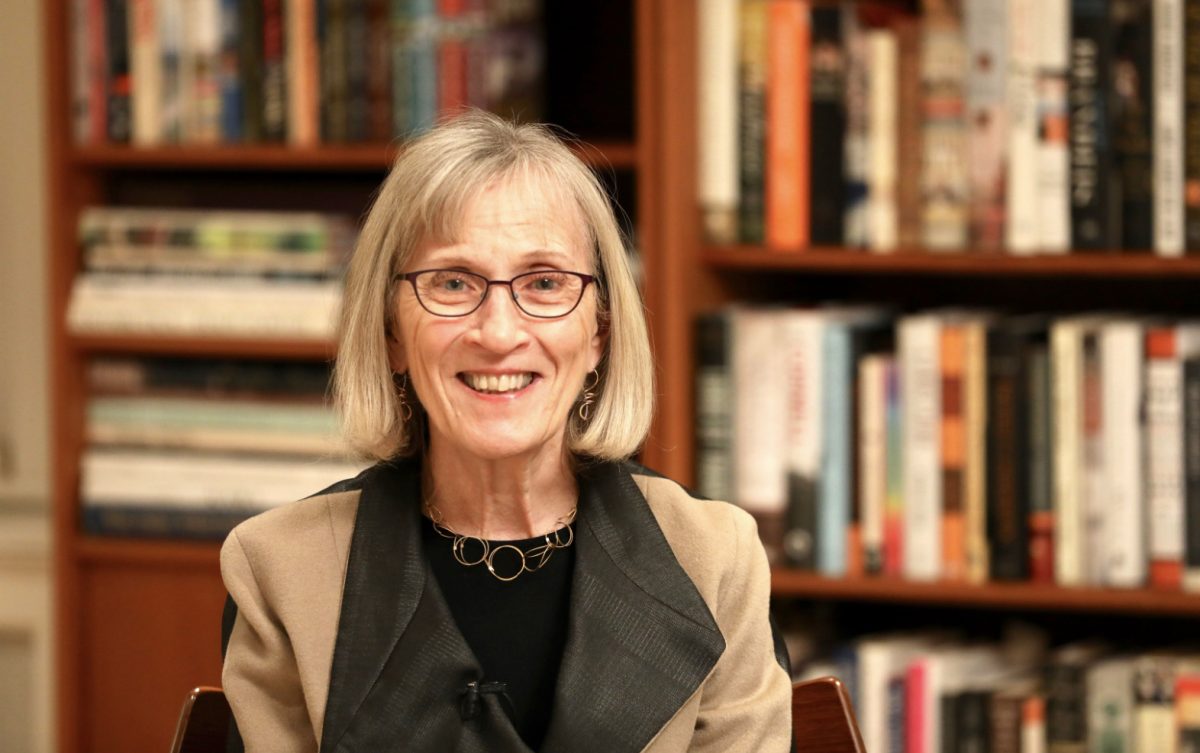In an announcement that has sent ripples through the world of economics, the Royal Swedish Academy of Sciences has decided to award the Sveriges Riksbank Prize in Economic Studies 2023 to Claudia Goldin, a professor at Harvard University. Her journey towards this award is marked by tireless commitment, innovative insight, and dedicated research, which has “advanced our understanding of women’s labor market outcomes.”
Concisely stated, her research helps uncover key factors of gender differences in the labor market; she provided the first comprehensive account of women’s earnings and labor market participation through the centuries. Her research reveals the causes of progression within, as well as those of the remaining discrepancies.
Goldin’s work dispels the notion that the gender pay gap is primarily due to women’s career choices. She demonstrates that the pay gap exists within occupations and is most pronounced in higher-paying fields like medicine and law. Closing these remaining gender gaps requires a fundamental shift in workplace practices, such as flexible work arrangements, which Goldin believes may become more attainable, especially for white-collar workers, in the post-pandemic era.
Another hallmark of Goldin’s research is the immense contribution it has made to our views of women in economic history. Through meticulous historical data analysis, Goldin has shed light on the changing nature of women’s employment. She has emphasized that women’s contributions to the labor force were often underrepresented in historical records, with many married women being listed simply as “wives” in the 1800s. However, her work reveals that women in this era actively participated in agriculture and family businesses. “It would not be much of an exaggeration to claim that women gave birth to modern labor economics,” Goldin said.
Goldin’s research has a lasting effect on not only our understanding of women’s roles in the labor market in the past but on creating a profound influence on our ability to change labor economics for the future. Her investigation has served as a foundation for our understanding of the intricate dynamics of gender inequality in the workplace, and has shed light on the multifaceted nature of this issue. In doing so, she has empowered policymakers to formulate more effective strategies aimed at tackling gender disparities in employment.
Goldin’s enduring influence, in both academic and public settings, highlights the importance of her work. Her research has left an indelible mark on the fields of labor economics, gender studies, and education, and her receipt of the Sveriges Riksbank Prize is a testament to the enduring impact of her contributions.














































































































































